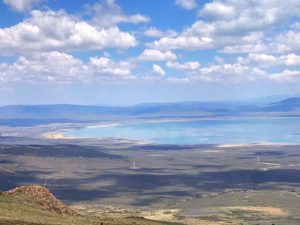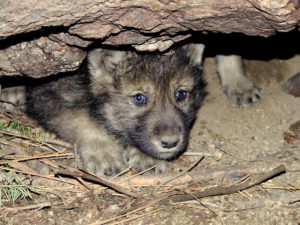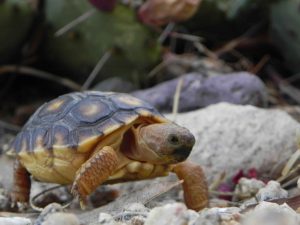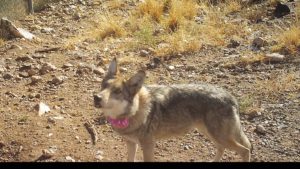For Immediate Release – August 7, 2020
Media contact:
Adam Bronstein, Western Watersheds Project, (208)244-0904
Gary Macfarlane, Wilderness Watch, (208)882-9755
BOISE, Ida. – It’s back to the drawing board for the Bureau of Land Management’s decision to renew Simplot’s permit to graze cattle on nearly 100 square miles of public land on the Big Springs allotment in southern Idaho. Yesterday, an administrative court granted the Bureau’s motion to withdraw its decision for further consideration after Western Watersheds Project and Wilderness Watch filed an appeal challenging it as unlawful. The decision would have increased stocking levels as much as 450 percent above existing use in high value sagebrush habitats important to sage-grouse, pygmy rabbits, mule deer, bighorn sheep, and other species.
Simplot is one of the top ten cattle producers in the country, with an operation that sprawls across lands the size of Delaware. To graze cattle on the fragile and irreplaceable wildlife habitats on the Big Springs Allotment, Simplot pays the Bureau of Land Management $1.35 per animal-month—well below the cost to graze private lands, and the bare minimum allowed by law.
“Sacrificing this allotment’s precious wildlife and ecological values to serve a massive corporation’s livestock profits is just another example of how the government subsidizes public lands ranching,” said Adam Bronstein, Western Watersheds Project’s Idaho Director. “We hope when the Bureau looks at this decision with fresh eyes, it decides to prioritize protecting those ecological values instead of Simplot’s profit margin.”
The grazing lease also contains a portion of the Owyhee River Wilderness designated by the Omnibus Public Lands Management Act of 2009. The decision did not disclose whether or not increases in grazing would occur in wilderness, and would have allowed Simplot to drive pickup trucks into the wilderness twice a year to haul salt and other supplies for its cattle.
“The Bureau of Land Management seems to believe managing grazing in wilderness is just business as usual,” said Gary Macfarlane, a board member of Wilderness Watch. “That is not the case. The Bureau should not be allowing massive increases in wilderness grazing and must explain why the hauling of salt and other supplies to support grazing cannot be accomplished by nonmotorized means like horseback or by foot.”
The Bureau recently completed an environmental assessment for a grazing authorization on another portion of the Big Springs Allotment grazed by Joseph Black and Sons, but did not invite the public to submit comments. A third environmental assessment involving another permittee on the allotment is also in process.
“We are very surprised that we were not invited to participate in the process around the Joseph Black and Sons grazing permit renewal decision,” said Bronstein. “Obviously the public is interested in management decisions affecting the Big Springs allotment and should be allowed to offer comments to help inform the agency’s decision process.”
For now, grazing continues under the previous grazing permits.
###






